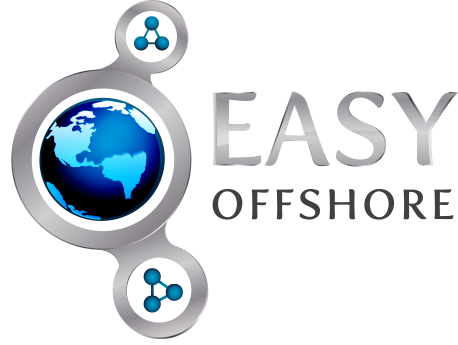16 Oct Offshore staffing evolves to attract small and medium business
Directors and CEOs who have not seriously reviewed the benefits of having teams in different parts of the world are often held back by the belief that “Outsourcing” results in them losing control over a portion of their business.
These concerns are outdated. For a number of years there have been more advanced methods of hiring offshore staff, which allows for as much control as you wish to have.
Outsourcing refers to an organisation shifting any body of work, that has been done previously by internal employees, to a third party provider. This has long been common practice between Australian companies within Australia’s borders. For example, most SMEs choose to outsource technology to third party Australian IT services providers, rather than hiring their own IT staff. This already happens on a huge scale with everything from payroll and accounting to outsourcing the care of indoor office plants to a specialist.
Outsourcing business functions, as described above, has been a normal part of the business world in any capitalist country for some time now. With cost savings an ongoing issue for many businesses, it is logical that outsourcing functions to organisations located in a country where costs are cheaper, will be a natural extension – thus we have “offshore outsourcing”.
However, for many directors and management teams, the loss of control with handing a business process to an offshore organisation, is seen as a significant risk with outsourcing.
But the entire global-resourcing industry has evolved several new models of engagement without these risks, and it is these models that are driving uptake within SMEs.
Offshore team
Having a dedicated offshore team is quite different to offshore outsourcing, although the terms are often confused.
With an offshore team, Australian businesses, directly hire staff offshore to perform exactly the same roles that Australian staff perform. In addition, they often use something similar to a ‘serviced office’ facility to remove the need to lease a premises and buy and support computers.
Essentially, this is no different to any Australian business having a staffed office in another Australian state, except that these staff members are in another country. The business itself retains full control of process and procedure, just as it would in Australia.
Clearly, this is not the same as “outsourcing” tasks to a third party provider.
With the benefits of technology, it is generally now no more difficult for a business to locate a team in a different country than it is to run that team in Australia. Offshore staff can be trained and managed in a similar way to their Australian equivalents. They can be given access to the same technology, will work the same hours, deliver the same work outputs, speak English just as effectively, and in most other ways behave like Australian workers.
It is true that there are still a lot of businesses who set up offshore without due diligence, and get a bad result. They select the wrong location, or a mediocre staffing provider, or choose roles that are difficult to successfully hire, or just have an incorrect set of assumptions about how to manage an offshore team. It is very important to choose the right staffing model and provider, and to do recruitment in an effective way to find the right people. I spend most of my time giving advice and providing tools to make these things easy for businesses.
If the details are approached correctly, the only major difference between hiring an Australian worker and hiring an offshore worker is the price of wages. So when you consider that the salary of an offshore employee is typically one ninth to one quarter that of an Australian worker, you begin to see why global resourcing adoption is accelerating across all business sizes and industries, and why some of your competitors are already doing it. My book on globalisation describes the phenomenon in an easy 4 hour read.
If you would like to know exactly how to establish an offshore team, and what other businesses in your industry are already doing offshore, consider coming along to a seminar in your capital city, or come with us on a visit to the Philippines to experience for yourself the new centre of the business world.



